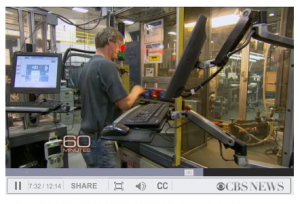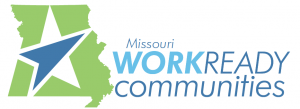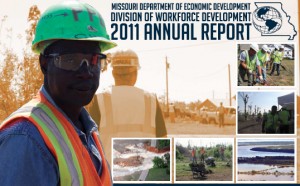The Atlanta Federal Reserve recently showcased key components of successful workforce programs and how to improve existing programs. The Fed shared these insights through a 15-minute podcast (and online transcript) from an interview conducted by Jen Giovannitti at the Richmond Fed and Dr. Elizabeth Weigensberg, a senior research at the University of Chicago. Titled, Metrics for Success: Critical Elements for Workforce Development Programs, the podcast and transcript may be accessed online from the Atlanta Fed.
 The interview opens with an overview on the current landscape of workforce programs and how the workforce system responded to economic challenges nationally. Weigensberg shared her approach in the scope of working with the greater Chicagoland workforce programs, specifically the CWICstats, Chicagoland Workforce Information Collaborative.
The interview opens with an overview on the current landscape of workforce programs and how the workforce system responded to economic challenges nationally. Weigensberg shared her approach in the scope of working with the greater Chicagoland workforce programs, specifically the CWICstats, Chicagoland Workforce Information Collaborative.
The successful programs in the study had commonalities. Each began with thorough assessment and intake, according to Weigensberg. The comprehensive service approach included financial counseling and financial educational resources to complement the training services. Weigensberg cited flexibility as a key factor in the diverse needs of individuals and the changing demands of employers. The final category covered external relationships, both at the community level and with employers. Weigensberg shared that each program had strong engagement with policy and advocacy at all levels. She stressed the importance of data and outcomes management as well.

 The American Council on Education (ACE) has recommended that postsecondary educational institutions award college credit in applied critical thinking to individuals who earn the ACT National Career Readiness Certificate (NCRC™). ACE recommends that three credit hours be awarded to recipients who earn specific levels of the credential.
The American Council on Education (ACE) has recommended that postsecondary educational institutions award college credit in applied critical thinking to individuals who earn the ACT National Career Readiness Certificate (NCRC™). ACE recommends that three credit hours be awarded to recipients who earn specific levels of the credential. 



 MIT announced in The Tech magazine their plans to build a new online learning platform. This innovation should be of special interest to workforce professionals as it expands the reach of Open Courseware education.
MIT announced in The Tech magazine their plans to build a new online learning platform. This innovation should be of special interest to workforce professionals as it expands the reach of Open Courseware education.